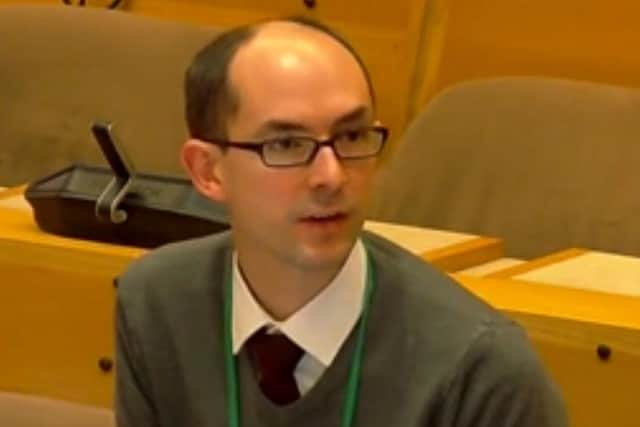Over 1,600 Bedford residents identified for home help by council says senior officer
and live on Freeview channel 276
Over 1,600 Bedford borough residents have been identified as needing help to keep their homes warm and dry this winter.
Free advice and support is available to from Bedford Borough Council to help protect vulnerable residents this winter, a senior council officer has said.
Advertisement
Advertisement
The Health and Wellbeing Board heard on Wednesday (December 7) that a council partnership will offer those individuals free advice and support to help them to keep their homes warm, dry, and energy-efficient.


Ian Brown, chief officer for public health, Bedford Borough Council, said: “This is a population health management approach.
“We’re aiming to identify people with certain health conditions that are likely to make them more vulnerable to living in a cold or damp home where their conditions might be exacerbated by those conditions.
“We have identified over 1,600 residents using general practice data and they will be receiving a letter over the next two weeks inviting them to contact our partner in the scheme, Better Housing Better Health.
Advertisement
Advertisement
“Those on that list are those who we think are probably the most vulnerable, they’ll be getting a follow-up phone call from their social prescriber, who’s linked to their GP practice, as well as inviting them to take up the offer,” he said.
The meeting heard that assessments for the scheme will end in March, and the work on homes will continue until the end of June 2023.
Mr Brown said the scheme will be evaluated to see how well it had worked, how it can be more efficient and demonstrate how it has delivered savings for the system.
Kate Walker, director of adults’ services, asked how the success of the scheme will be measured, particularly when reducing the need for people to use health and social care services.
Advertisement
Advertisement
Mr Brown said: “We will be asking individuals who take up the offer to tell us about their circumstances and the challenges that they are facing.
“At the end of the intervention we’ll be asking them how they are feeling and see whether there has been a change over that time.
“We’ll also be linking back to health records as well, so that we can look at the levels of activity before the intervention, and the levels of activity after the intervention.
“But we’re also hoping that we can identify a control group as well elsewhere who have not had the opportunity for this intervention to see whether there’s a difference in terms of the outcomes that we see for a very similar group of people.
Advertisement
Advertisement
“I think this is always challenging because we’re trying to measure the avoidance of events rather than events happening,” he said.
“But we will do our best to try and do that, and I think it’s equally important that we listen to people’s stories as well as gathering the hard data,” he said.
Mr Brown added that by talking to people some of the complexities that aren’t easily measured in GP or A&E visits could be picked up.
Including some of the other cost of living and warmth crisis circumstances that may make it more difficult for people to manage their health.